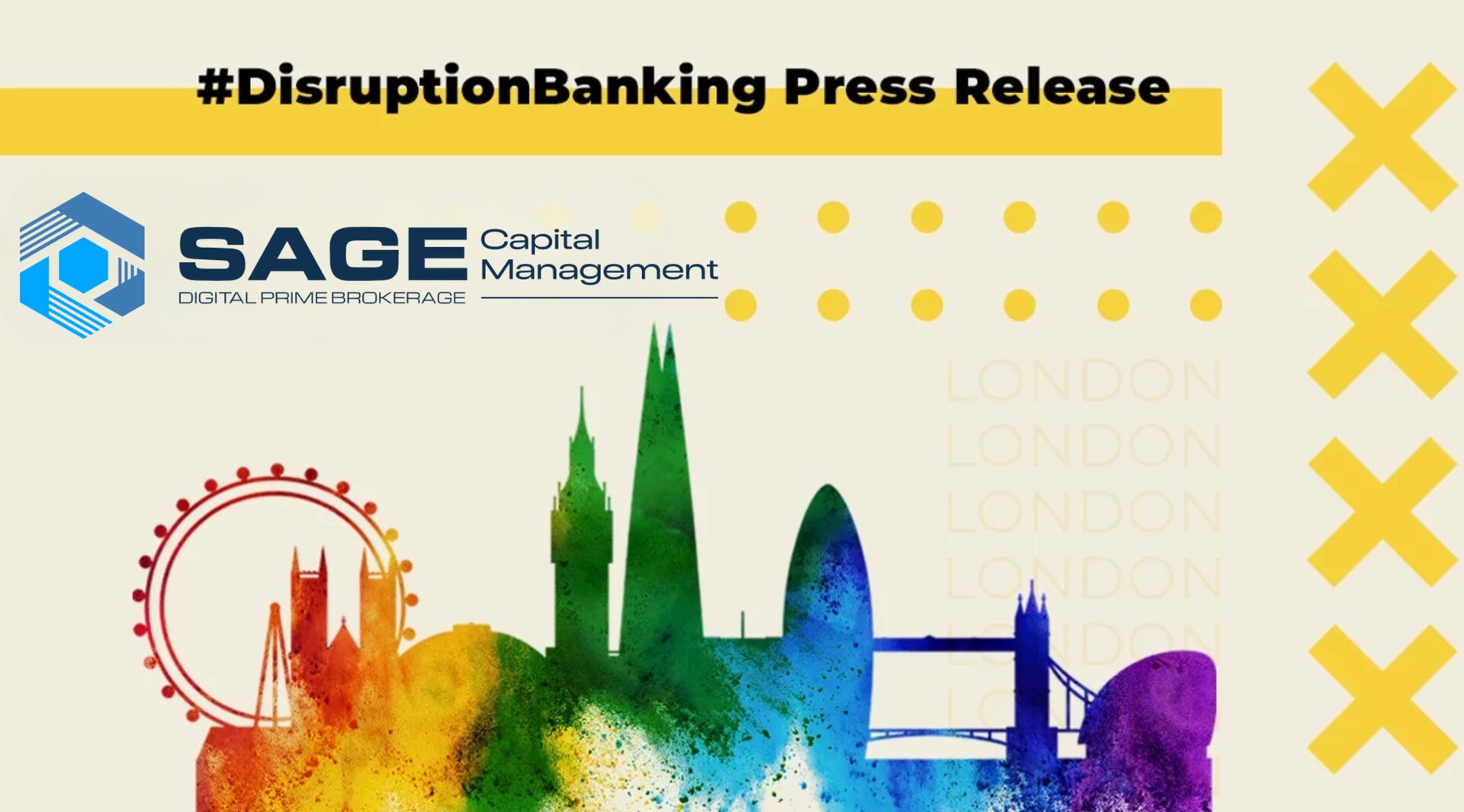It’s the final day of the Point Zero Forum and the Main Stage of the event is looking a little cosier this morning. Delegates started the day by hearing the thoughts of the Governor of the National Bank of Denmark. It set the scene for the rest of the morning.
Next on stage was Ross Buckley, Scientia Professor at the University of New South Wales (UNSW) as well as a member of the payment system board at the Reserve Bank of Australia. He was joined on stage by Cecilia Skingsley, Head of the Bank for International Settlements (BIS)Innovation Hub
State of Innovation in Central Banking: AI, Blockchain and More
Buckley has completed substantial research into the Fintech space in his role at the UNSW. He started off the discussion by elaborating on how he thinks that AI and blockchain can back each other up and interact. He thinks that AI is increasingly going to be ‘doing’, whilst blockchain is going to keep a record of what it’s doing. This means that there is a record which algorithms can use to help protect society.
The first topic was about CBDCs, and Skingsley neatly pointed to how the role of central banks is to create a settlement. Central bank money settlement is the safest way to do this, according to her.
Skingsley shared how the role of stablecoins in providing settlements is a debate between the central banking community and the fintech industry that is ongoing.
“Would stablecoins be able to take over this role as a settlement asset, and if so, to what extent?” Skingsley asked.
She pointed to some fintech players who believe that central bankers are slow in adoption of stable coins. Skingsley doesn’t see it like this. She believes that there is another word for slow, and that word is “cautious.” She doesn’t believe that we should “blow up the payment system,” and that central banks provide the best possible tool for keeping the existing infrastructure going. It may take a few years before stablecoins are well designed, well regulated, and in a position to play a role, she warned.
What About Central Banks Adoption of Blockchain Technology?
Buckley highlighted how a good use case for blockchain adoption by central banks is in new markets. Skingsley agreed with this, however she sees this a little like a chicken and egg conundrum. She mentioned Project Agora, which is run by the BIS Innovation Hub, and is exploring tokenization for the correspondent banking network. She believes that blockchain is a promising technology and looks forward to the future.
How can central banks offer services that can help the financial system thrive? #PZF2025 #BIS pic.twitter.com/3tpz3jaoCt
— Digital Startup (@digitalstartup5) May 7, 2025
Buckley highlighted to attendees how central bankers have changed over the years. How we shouldn’t take for granted what is happening in the central banking community.
“If 25 years ago somebody went to a career counsellor and said I need advice,” Buckley explained. “The person highlights how they are a highly innovative, risk-taking person and likes to be at the cutting edge. And the career counsellor asks the individual if they would like to consider a career in a central bank. This would have been impossible 25 years ago.”
Skingsley doesn’t believe that it has come to this yet, but shared Buckley’s point about how central banks are under pressure to embrace innovation.
Central banks are changing. Each year at the Point Zero Forum the dialogue has grown in sophistication and breadth. What this morning’s panel highlighted is how far we have come, but also how much further we still must go. With people like Skingsley looking after innovation, there is every reason to believe that whilst change will happen, the disruption can be kept at a minimum. Just like central banks are supposed to act.
Author: Andy Samu
#PZF2025 #CentralBanking #Innovation
See Also:
Dr. Axel Weber Decodes Disruption in Banking at the Point Zero Forum | Disruption Banking
Swiss Finance Welcomes Attendees at Point Zero Forum | Disruption Banking

















